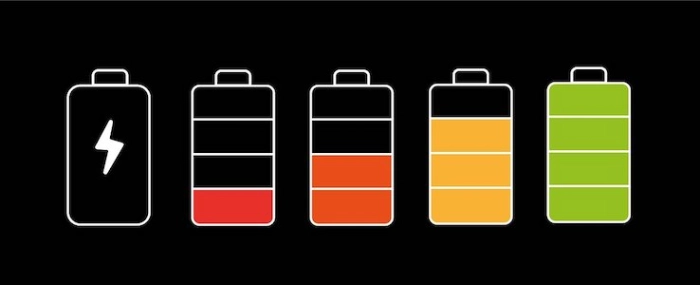
Sodium-ion battery innovation in US gets $50 million push
The LENS Consortium aims to develop high-energy, long-lasting sodium-ion batteries using safe, abundant and inexpensive materials.
The US Department of Energy (DOE) has awarded USD 50 million over the next five years to establish the Low-cost Earth-abundant Na-ion Storage (LENS) Consortium. Led by DOE’s Argonne National Laboratory, the consortium includes Brookhaven National Laboratory, Lawrence Berkeley National Laboratory, Pacific Northwest National Laboratory, Sandia National Laboratories and SLAC National Accelerator Laboratory.
The LENS Consortium aims to develop high-energy, long-lasting sodium-ion batteries using safe, abundant and inexpensive materials. This initiative addresses a critical need to reduce US dependence on the limited and strategically important elements used in lithium-ion batteries, paving the way for a more sustainable future in EV technology, according to a media release.
At present, lithium-ion batteries dominate the global energy storage market for both vehicles and stationary storage. They power devices ranging from smartphones to electric vehicles and can store energy from renewable sources like solar and wind.
Relying on any single battery chemistry, however, creates vulnerabilities, and the dominant batteries today include the critical elements of lithium, cobalt and nickel. Sodium, as an abundant element, can reduce risk and increase supply chain resilience by providing a wider variety of cost-effective options.
The US is well-suited to supply both the raw materials and innovation for sodium-ion technology because the country produces a substantial amount of the world’s sodium chloride (table salt) and sodium. Sodium-ion batteries have the potential to eliminate not just lithium in some applications, but also cobalt and nickel, providing a more affordable and sustainable solution.
However, sodium-ion batteries store less energy per unit weight and volume, which results in a lower driving range — a stumbling block to such batteries competing with lithium-ion batteries.
To achieve this goal, Argonne has convened a team of researchers from national laboratories and universities to work to discover and develop high-energy electrode materials, improve electrolytes, and design, integrate and benchmark battery cells.
An advisory board comprising well-established and emerging companies will provide the consortium with valuable industry perspectives, with a goal of nurturing a US ecosystem for sodium-ion batteries.
LENS will be part of a growing portfolio within DOE on sodium-ion batteries, which includes research into the use of this emerging chemistry in electric vehicle and grid storage applications.
The consortium includes eight university partners: Florida State University, University of California San Diego, University of Houston, University of Illinois Chicago, University of Maryland, University of Rhode Island, University of Wisconsin–Madison and Virginia Tech.


